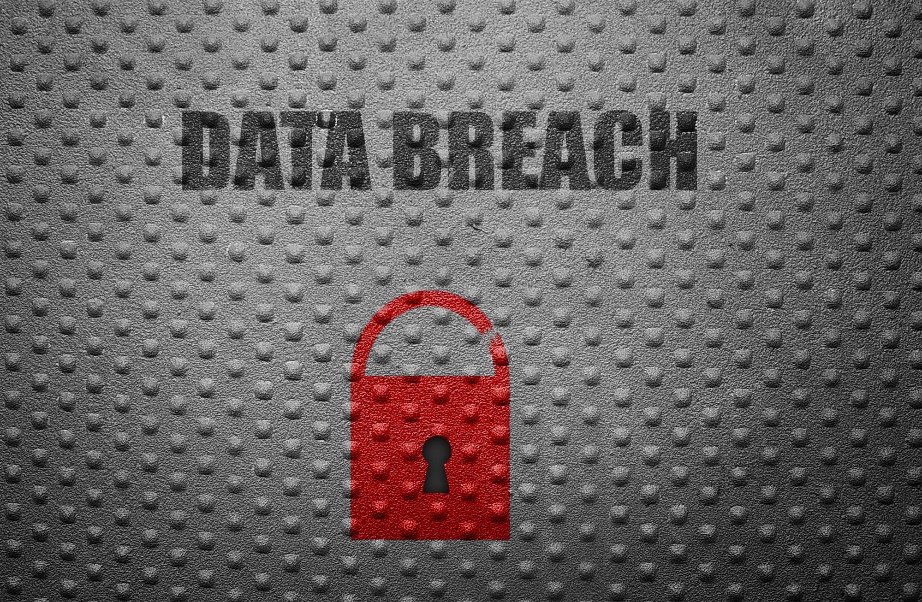The FBI has been attempting to get Apple to develop a less secure IOS for its iPhone in order to hack into encrypted data on an iPhone that belonged to Syed Farook, the San Bernardino shooter. Apple has opposed providing assistance in developing a new, less secure IOS because it says it violates their First Amendment Rights to free speech, which has been applied in recent years to computer code and operating system languages.

Part of Apple’s concern is that doing this would create a way to bypass the security features found in iPhones and make it easy for other agencies, as well as potential hackers, to simply by-pass the password protection security. Another reason why Apple has been reluctant is due to its growing market in China, where there is a much greater concern over security and data encryption.
Agreeing to assist the FBI could potentially open up the door to other countries’ governments demanding Apple provide them the same type of solution to enable them to get into people’s phones. Other major companies, like Microsoft, Google, and Amazon fully support Apple. Allowing the government a virtual “back door” into operating systems goes against current encryption and data security measures being used to protect data and people, alike.
Fortunately, the FBI has been able to develop its own solution to retrieve the data from Farook’s iPhone and has decided to withdraw its court case against Apple. Apple will more than likely want to know the method the FBI used to get into the iPhone so it can address any security vulnerabilities in future IOS updates.
For all of your virtual desktop, remote network servers, and Cloud computing services and solutions, contact CyberlinkASP today at (972) 262-5200.







